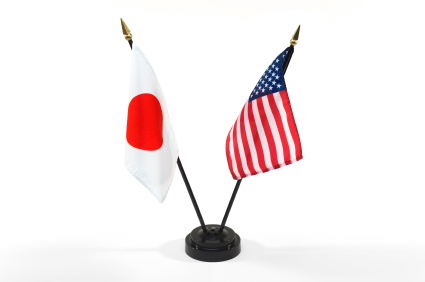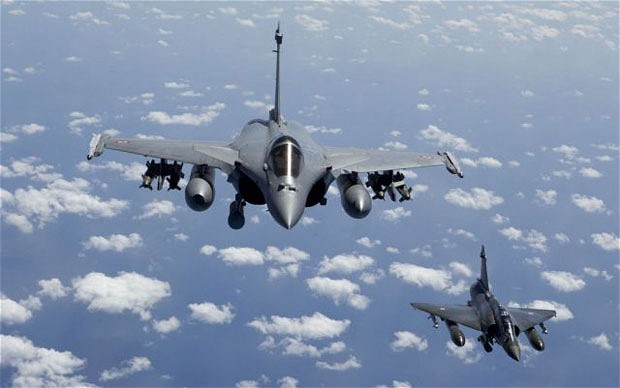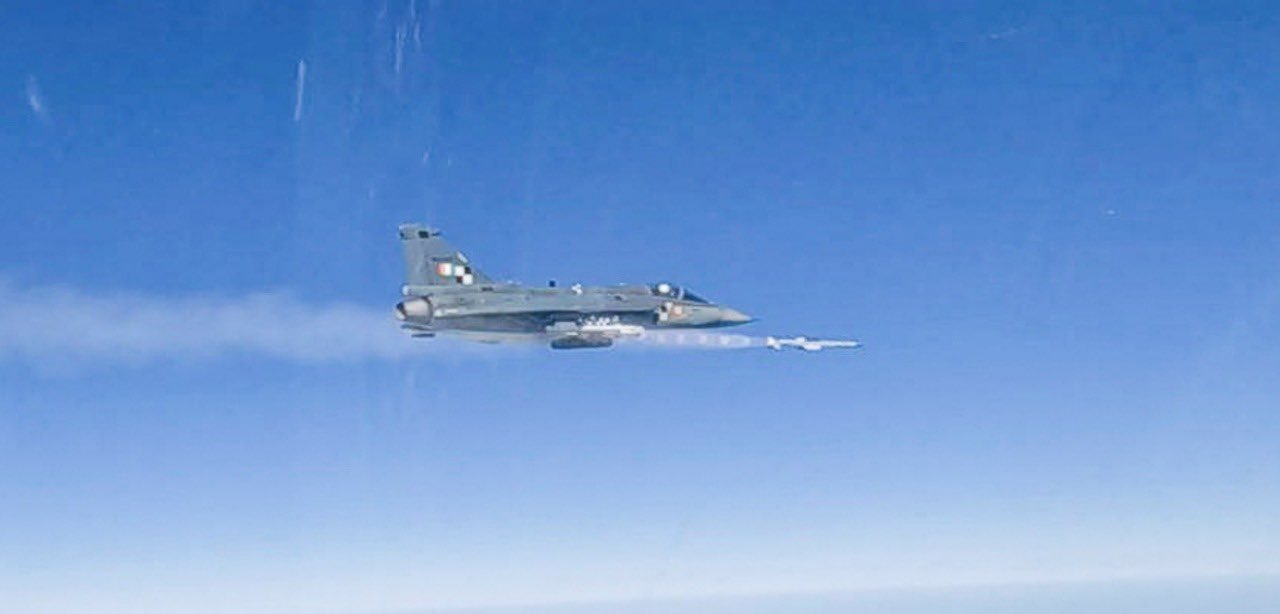
BEIJING (PTI): Voicing concern over new US-Japan defence cooperation guidelines extending geographical limits of Japanese forces, China has warned the two allies that their bilateral understanding should not be used to undermine third party interests.
"We are very concerned about the new US-Japan defence cooperation guidelines and high-ranking officials' comments on China," Chinese Defence Ministry spokesman Geng Yansheng told a press briefing on Thursday.
"All parties should pay much attention to the impact of a stronger US-Japan military alliance and the effect expansion of their defence cooperation to include the whole world will have on the world peace and regional stability," Geng said, stressing that a military alliance is outdated and goes against the world theme of peace, development, cooperation and common prosperity.
"The Japan-US alliance is a bilateral arrangement made under special historical conditions. It should not go beyond its bilateral scope or undermine third parties' interests," Geng said.
Geng's comments came days after the US and Japan unveiled new guidelines for defence cooperation on April 27 following their foreign and defence ministers' meeting in New York.
The new guidelines eliminate current geographic limits on activities by Japanese forces and allow for global cooperation militarily, ranging from defence against ballistic missiles, cyber and space attacks as well as maritime security.
Washington has reiterated its position that the Diaoyu Islands in the East China Sea fall under Japanese administration and are within the scope of the 1952 US-Japan Treaty of Mutual Cooperation and Security.
Geng said, "Any attempt to improve military capacity by means of military alliance, contain the development of other countries and seek its own interests will doom to fail."
"We oppose any country from beyond the region interfering in disputes concerning territorial sovereignty and maritime rights between China and neighbouring countries. No one should underestimate our determination and capability to safeguard our legitimate rights and interests," Geng said.
Geng also termed the biggest military drill by the United States and the Philippines as "muscle flexing", which he said is not good for the region's peace and stability.
"Some countries consolidate their military alliances, hold large-scale military exercises and create tension in the region. This goes against the trend of the times of peace, development, cooperation and reciprocity," he said, replying to a question.
"To reinforce military alliances and flex muscles is not good for regional peace and stability," Geng said, commenting the "Balikatan" (shoulder-to-shoulder) maneuvers that began on April 20.
According to Philippine media, this year's annual drill involved more than 11,000 US and Philippine military personnel and 61 Australian soldiers, the largest in 15 years.
"There are always some people hyping 'China threat'.
Under the current circumstances when there is such a large-scale military drill, we can't help asking who is making tension in the region and threatening regional peace and stability," Geng said.
 Previous Article
Previous Article Next Article
Next Article











The Indian Air Force, in its flight trials evaluation report submitted before the Defence Ministry l..
view articleAn insight into the Medium Multi-Role Combat Aircraft competition...
view articleSky enthusiasts can now spot the International Space Station (ISS) commanded by Indian-American astr..
view article